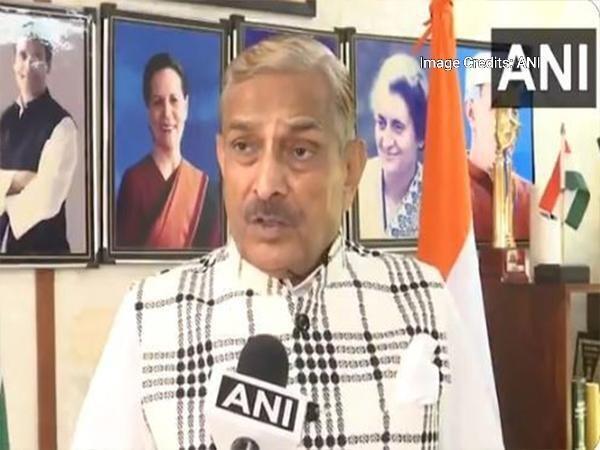
42 Days of Special Casual Leaves Announced for Govt Employees
In a significant move to promote organ donation and support government employees who undergo the noble act, the Department of Personnel and Training (DoPT) has announced 42 days of special casual leave for central government employees who donate their organs. This policy aims to encourage organ donation as a welfare measure and provides a much-needed break for employees who undergo the process.
As per the new order, government employees who donate their organs will be eligible for special casual leave for a period of 42 days, which will cover hospitalization and recovery post-surgery. This leave policy applies to all types of organ donations, including kidney, liver, heart, lung, and corneal donations.
The decision to introduce this policy is a welcome step towards promoting organ donation in the country. Organ donation is a selfless act that can save countless lives, and it is essential to recognize the efforts of individuals who undergo this process. By providing special casual leave, the government is not only showing its appreciation for their generosity but also acknowledging the physical and emotional toll that organ donation can take.
The 42-day special casual leave will be granted to government employees who donate their organs, regardless of whether they are on leave or not. This means that employees who are already on leave or have taken leave for other reasons will still be eligible for the additional 42 days of leave. The leave will be granted in addition to the employee’s existing leave entitlement, ensuring that they have sufficient time to recover and focus on their health.
The move is expected to boost organ donation rates in the country, which have been declining in recent years. According to the Indian Organ Donation Registry, the number of organ donations in India has decreased by 20% between 2018 and 2020. The registry also reported that only 0.34% of the total deaths in the country were due to organ donation, indicating a significant shortage of organs for transplantation.
The introduction of special casual leave for organ donors is a step in the right direction to address this shortage. By providing a supportive environment for organ donors, the government can encourage more individuals to come forward and donate their organs. This, in turn, can lead to a significant increase in the number of organs available for transplantation, saving countless lives.
The policy is also expected to improve the overall well-being of government employees who undergo organ donation. The 42-day special casual leave will provide them with sufficient time to recover from the surgery and focus on their health. This can help reduce the risk of complications and improve their overall quality of life.
The government’s decision to introduce special casual leave for organ donors is a testament to its commitment to promoting organ donation and supporting employees who undergo this process. The policy is expected to have a positive impact on the country’s organ donation rates and improve the overall well-being of government employees who donate their organs.
What does this mean for government employees?
For government employees who are considering organ donation, this policy means that they will be eligible for 42 days of special casual leave, in addition to their existing leave entitlement. This leave will cover hospitalization and recovery post-surgery, providing them with sufficient time to focus on their health.
The policy also means that employees who donate their organs will receive support and recognition from their employer. This can help boost their morale and motivation, encouraging more individuals to come forward and donate their organs.
What does this mean for the country?
The introduction of special casual leave for organ donors is a significant step towards promoting organ donation in the country. By providing a supportive environment for organ donors, the government can encourage more individuals to come forward and donate their organs.
This, in turn, can lead to a significant increase in the number of organs available for transplantation, saving countless lives. The policy is also expected to improve the overall well-being of government employees who undergo organ donation, reducing the risk of complications and improving their quality of life.
Conclusion
The announcement of 42 days of special casual leave for government employees who donate their organs is a welcome step towards promoting organ donation in the country. The policy provides a much-needed break for employees who undergo the process, allowing them to focus on their health and recovery.
By providing support and recognition to organ donors, the government is sending a strong message that organ donation is a valued and respected act. This can help boost organ donation rates in the country, saving countless lives and improving the overall well-being of individuals who undergo the process.
As the country moves forward, it is essential to continue promoting organ donation and supporting employees who undergo this process. By doing so, we can create a society that values and respects the gift of life, and where individuals feel empowered to make a difference.
Source: https://trak.in/stories/42-days-of-special-casual-leaves-for-govt-employees-announced/






